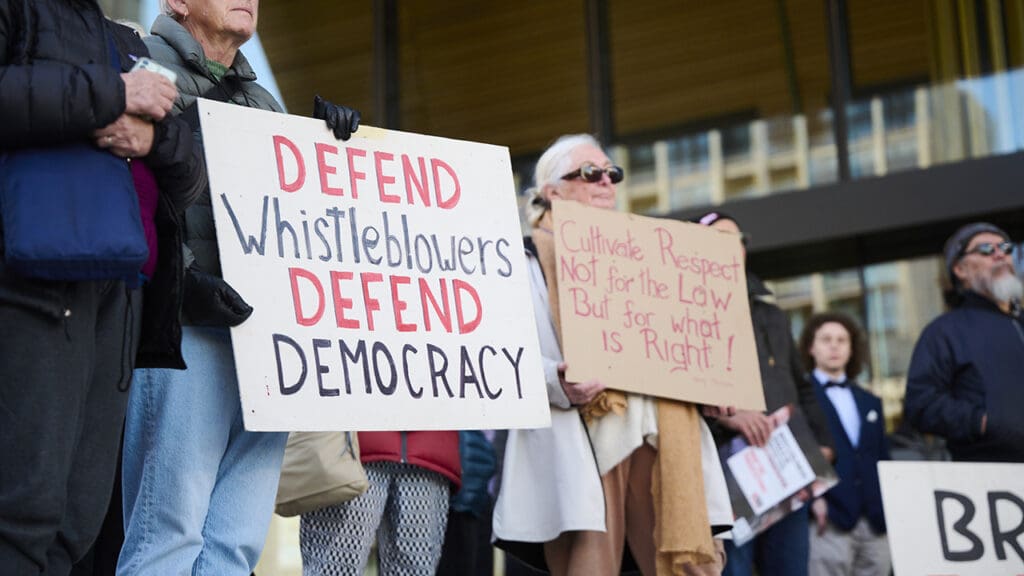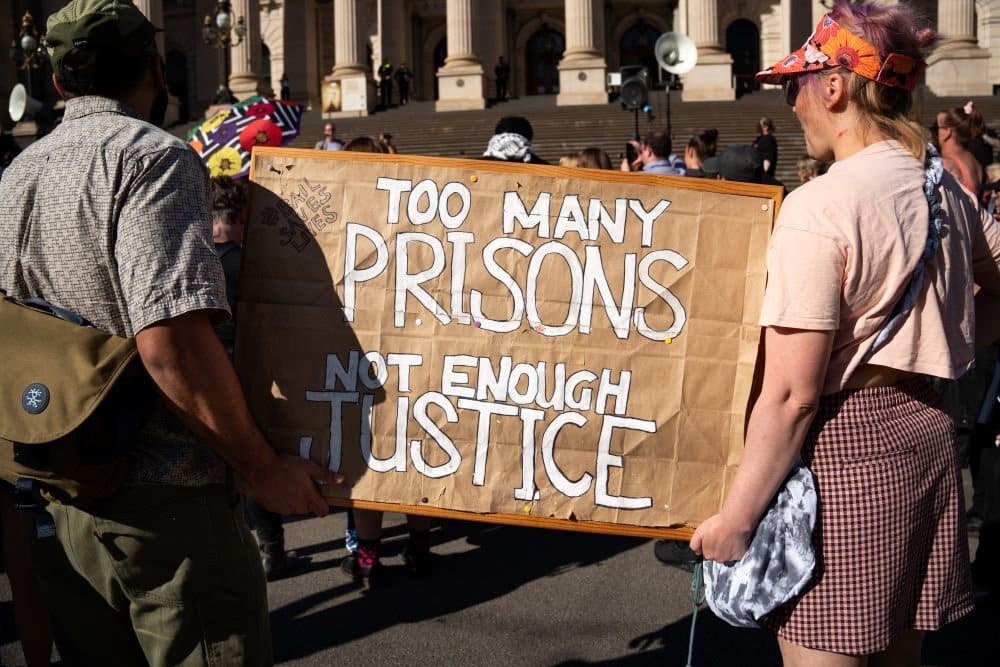Failed Cashless Debit Card to end, but financial control of Aboriginal and Torres Strait Islander people continues
The Albanese Government will finally end the failed, ineffective Cashless Debit Card trial after legislation passed the Senate last night to allow people to leave the scheme early.
The repeal, however, will benefit fewer than half of all people who are currently under income management. The Human Rights Law Centre warned that the legislation change won’t help people in the Northern Territory and other locations, who will still be subject to another form of compulsory income management for at least another 18 months.
A disproportionate number of people subjected to income management across Australia are Aboriginal and Torres Strait Islander people.
Nick Espie, Legal Director at the Human Rights Law Centre, said:
“The end of the harmful, humiliating and ineffective Cashless Debit Card trial is a positive step that will allow thousands of people to regain control of their lives and make their own decisions about when and where to buy essential goods for themselves and their families, without feeling stigmatised or targeted. But for many Aboriginal and Torres Strait Islander people, especially in the Northern Territory, discriminatory financial control will simply continue under another name.”
The Albanese Government has committed to abolishing compulsory income management in all forms, however the Government has announced that other forms of compulsory income management will continue for at least 18 months, while further consultations are conducted.
“The Albanese Government made a promise to end compulsory income management in all forms. People in the Northern Territory have been subjected to financial micro-management since the racist Intervention in 2007. It is incredibly disappointing to hear the Government is delaying fixing this problem by another year and a half.
“Genuine community consultation is essential, but the message is already clear – income management should only ever be voluntary. The Government should get to work today, alongside communities, to end discriminatory income control for good,” said Espie.
Compulsory income management, including through the Cashless Debit Card and the Basics Card, restricts the freedoms of people who rely on income support payments by limiting access to cash and dictating how and where a proportion of payments can be spent. It not only robs people of autonomy and dignity but can further entrench financial disadvantage. Successive reviews of income management have failed to establish any conclusive evidence that it works to reduce social harms.
Media contact:
Michelle Bennett, Engagement Director, 0419 100 519, michelle.bennett@hrlc.org.au
Media Enquiries
Chandi Bates
Media and Communications Manager

Albanese Government must act on whistleblower reform as David McBride’s appeal dismissed
The Human Rights Law Centre, the Alliance for Journalists’ Freedom and the Whistleblower Justice Fund are calling on the Albanese Government to act on urgent, robust whistleblower protection reform, after war crimes whistleblower David McBride’s appeal was dismissed today.
Read more
Tax whistleblower Richard Boyle’s guilty plea an indictment on Australia’s broken whistleblowing laws
The Human Rights Law Centre and the Whistleblower Justice Fund have condemned the Albanese Government’s ongoing prosecution of Richard Boyle, as the tax office whistleblower pleaded guilty at a hearing in Adelaide today.
Read more
Crisafulli Government’s shameful adult sentencing laws will harm kids, families, and communities
The Human Rights Law Centre and Change the Record have slammed the Crisafulli Government for passing laws that will sentence even more children to adult-length terms of imprisonment. The laws will lock up children for even longer, and harm kids, families, and communities.
Read more


